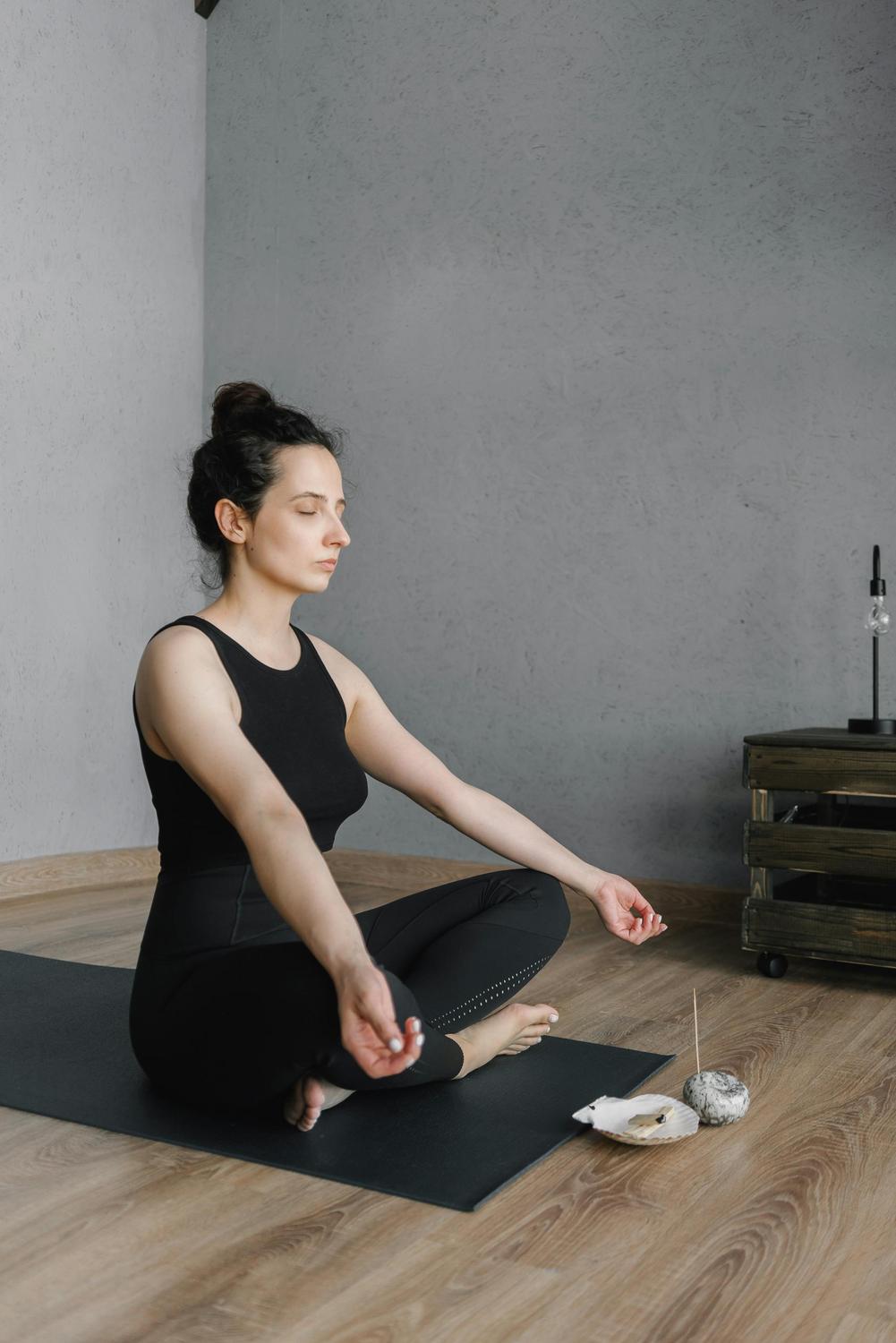In today’s fast-paced world, quality sleep has become increasingly elusive for many Australians. Recent research indicates that up to 45% of adults experience poor sleep patterns that affect their daily functioning. Understanding the foundations of restorative rest isn’t just about getting more hours of sleep – it’s about optimising the quality of those hours for better overall wellness.
The Science Behind Restorative Sleep
Sleep is a complex biological process that plays a vital role in our physical and mental well-being. Our sleep patterns follow a natural 24-hour cycle, known as the circadian rhythm, which regulates various physiological processes, including:
- Body temperature regulation
- Hormone production
- Cognitive function
- Physical recovery
- Emotional processing
During a typical night’s sleep, we progress through multiple sleep cycles, each lasting approximately 90-120 minutes. These cycles consist of different stages, from light sleep to deeper, more restorative phases. Understanding these natural patterns helps us appreciate why quality sleep is crucial for overall wellness.
Key Factors Influencing Sleep Quality
Several environmental and lifestyle factors can significantly impact our sleep quality:
Environmental Influences
- Room temperature (optimal range: 18-22°C)
- Light exposure
- Ambient noise levels
- Air quality
- Bedding comfort
Lifestyle Considerations
- Daily activity patterns
- Exposure to natural light
- Evening routine habits
- Screen time management
- Physical activity timing
Dietary Factors
- Timing of meals
- Evening fluid intake
- Nutritional balance
- Stimulant consumption patterns

Professional Insights into Sleep Hygiene
Evidence-based research highlights several key practices that can support better sleep quality:
- Consistent Sleep Schedule
- Maintain regular sleep and wake times
- Allow for 7-9 hours of sleep opportunity
- Align schedule with natural circadian rhythms
2. Optimal Sleep Environment
- Create a dark, quiet sleeping space
- Ensure comfortable room temperature
- Use supportive bedding materials
- Minimise electronic distractions
3. Evening Routine Development
- Establish calming pre-sleep activities
- Reduce exposure to bright lights
- Create transition time between daily activities and rest
- Practice relaxation techniques
Natural Approaches to Sleep Support
Supporting healthy sleep patterns often involves multiple lifestyle considerations:
Physical Activity
Regular physical activity can contribute to better sleep quality, but timing is crucial:
- Morning or early afternoon exercise often provides optimal benefits
- Allow adequate time between vigorous activity and bedtime
- Include gentle movement throughout the day
Relaxation Practices
Evidence-based relaxation techniques may include:
- Deep breathing exercises
- Progressive muscle relaxation
- Mindful meditation
- Gentle stretching
Environmental Optimisation
Creating an environment conducive to quality sleep involves:
- Light management strategies
- Noise reduction techniques
- Temperature control methods
- Air quality consideration
When to Seek Professional Support
While many sleep challenges can be addressed through lifestyle modifications, certain situations may benefit from professional guidance:

Consider Professional Assessment When:
- Sleep difficulties persist despite lifestyle changes
- Daily functioning is significantly impacted
- Physical or emotional wellness is affected
- Traditional approaches aren’t providing relief
Benefits of Professional Support
Professional healthcare providers can:
- Conduct comprehensive assessments
- Provide personalised guidance
- Offer evidence-based strategies
- Monitor progress and adjust approaches
Building a Foundation for Better Sleep
Improving sleep quality often requires a systematic approach:
- Start with Assessment
- Document current sleep patterns
- Identify potential contributing factors
- Note lifestyle elements that may need adjustment
2. Implement Changes Gradually
- Focus on one modification at a time
- Allow time to evaluate the effectiveness
- Adjust approaches based on results
3. Maintain Consistency
- Stick to established routines
- Regular evaluation of progress
- Adjust strategies as needed
Looking Forward: Long-term Sleep Quality
Maintaining good sleep quality is an ongoing process that requires attention and adjustment:
- Regular review of sleep patterns
- Adaptation to changing life circumstances
- Ongoing environmental optimisation
- Consistent application of supportive practices
Conclusion
Quality sleep forms the foundation of overall wellness, affecting everything from physical health to emotional well-being. By understanding the factors influencing sleep quality and implementing evidence-based strategies, you can work towards optimising your rest patterns. Remember that individual sleep needs vary, and what works for one person may not work for another.
Disclaimer: This information is for general educational purposes only and should not be used as a substitute for professional healthcare advice. Individual sleep needs and challenges can vary significantly. Always consult with qualified healthcare professionals for personalised advice about your specific circumstances.













